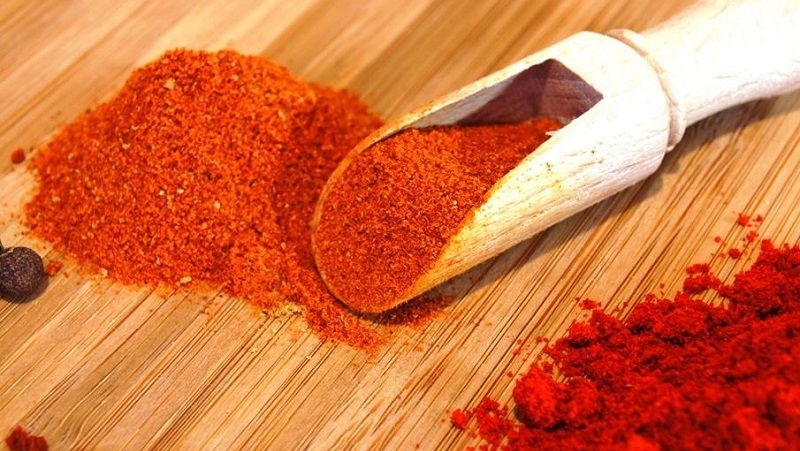- No. 268 Xianghe Street, Economic Development Zone of Xingtai city, Hebei 054001 China
- Byron@hbhongri.cn
Exploring the Benefits of Turmeric Curcuma Longa Rhizome Extract for Health and Wellness
The Benefits of Turmeric (Curcuma longa) Rhizome Extract
Turmeric, scientifically known as Curcuma longa, is a flowering plant belonging to the ginger family, Zingiberaceae. Its rhizome, or underground stem, has been used for centuries in traditional medicine, particularly in Asia and the Indian subcontinent. The vibrant yellow-orange spice derived from the rhizome is not only a staple in culinary applications but also boasts a vast array of therapeutic properties, making turmeric extract a valuable natural remedy.
One of the primary active compounds in turmeric is curcumin, which is responsible for most of its health benefits. Curcumin has powerful anti-inflammatory and antioxidant properties. This means it helps reduce inflammation in the body, which is associated with chronic diseases like arthritis, heart disease, and even cancer. Chronic inflammation can lead to the deterioration of bodily functions, and by incorporating turmeric rhizome extract into one's diet, individuals may find relief from symptoms related to inflammation.
Research has shown that curcumin can effectively inhibit the activity of enzymes that promote inflammation. This quality makes turmeric extract particularly beneficial for people suffering from inflammatory conditions, such as rheumatoid arthritis or osteoarthritis. Several studies have reported improvement in joint pain and overall mobility of patients who regularly supplement with turmeric extract.
Beyond its anti-inflammatory effects, turmeric rhizome extract has potent antioxidant properties. Antioxidants are crucial for fighting free radicals in the body, unstable molecules that can cause oxidative stress, leading to cellular damage. By neutralizing these free radicals, turmeric extract helps protect against various health disorders, including neurodegenerative diseases like Alzheimer's. Emerging research suggests that curcumin may help improve cognitive function and slow the progression of Alzheimer's disease by reducing amyloid plaque formation in the brain.
turmeric curcuma longa rhizome extract

Moreover, turmeric has been recognized for its potential benefits in heart health. Studies indicate that curcumin can improve the function of the endothelium, the lining of blood vessels. Enhanced endothelial function is vital for maintaining cardiovascular health, as it helps regulate blood pressure and blood clotting. Thus, regular consumption of turmeric extract may contribute to a reduced risk of heart disease.
In addition to these benefits, turmeric extract has shown promise in supporting digestive health. It has been traditionally used to alleviate symptoms related to indigestion and bloating. The anti-inflammatory properties of curcumin can also help manage conditions like inflammatory bowel disease (IBD) and irritable bowel syndrome (IBS), promoting a healthier gut.
Turmeric rhizome extract is also gaining attention in the realm of weight management and metabolic health. Studies suggest that curcumin might aid in weight loss by improving metabolic rates and reducing adipose tissue accumulation. This effect, combined with its ability to combat metabolic syndrome, makes turmeric a potential ally in maintaining a healthy weight and preventing diabetes.
Despite its myriad benefits, it is important to note that curcumin has low bioavailability, meaning it is not easily absorbed by the body. To enhance its absorption, it's often recommended to consume it with black pepper, which contains piperine, a natural compound that increases the bioavailability of curcumin by up to 2000%.
In conclusion, turmeric (Curcuma longa) rhizome extract is a powerhouse of health benefits, ranging from anti-inflammatory and antioxidant properties to support for heart and digestive health. By incorporating this potent extract into your wellness regimen, you may harness its potential to improve overall health and well-being. However, as with any supplement, it is advisable to consult with a healthcare professional before starting any new health-related regimen.
-
Turmeric Rhizome Powder: A Golden Treasure from Roots to TableNewsJul.28,2025
-
The Versatile Application Of Crushed Red Hot Peppers: Lighting Up The Red Flames On The Dining TableNewsJul.28,2025
-
The Paprika: A Touch Of Vibrant Red In Color, Flavor, And CultureNewsJul.28,2025
-
Ground Turmeric: A Modern Examination of an Ancient SpiceNewsJul.28,2025
-
Capsicum Liquid Extract: Features, Applications, and ChallengesNewsJul.28,2025
-
Application of Capsicum Liquid Extract in FoodNewsJul.28,2025







